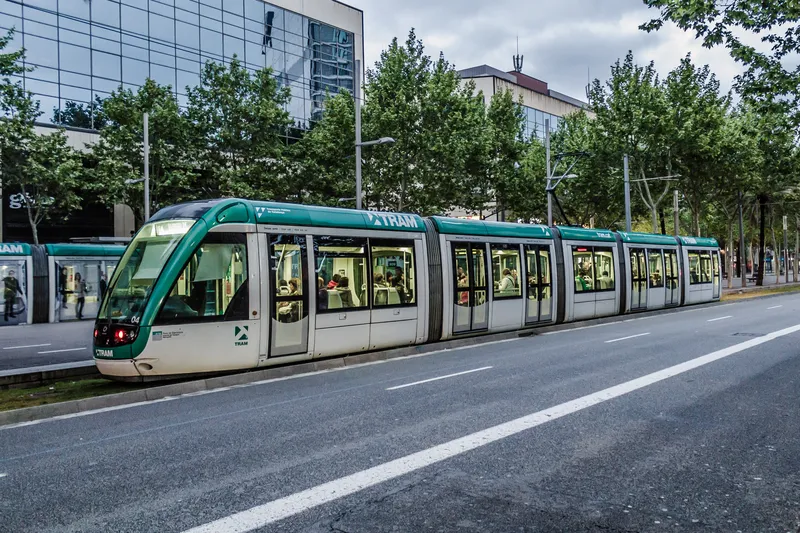LG CNS, the system integration division of LG, is to provide its fleet management system (FMS) solution for Malaysia’s mass rapid transit (MRT) system for a project to establish a feeder bus system throughout the 31 MRT stations in Kuala Lumpur and streamline the city’s transportation flow. The US$10 billion contract also includes smart cards, automated payment systems and a central control centre solution.
The feeder bus complements urban rapid buses covering longer distances and offers mobility within
February 8, 2016
Read time: 1 min
The feeder bus complements urban rapid buses covering longer distances and offers mobility within smaller areas. The project is expected to be completed in July 2017.
LG CNS will implement its FMS to streamline bus operations by providing real time bus location and driving speed information to the central control centre via wireless communication using GPS receivers, payment units and communication modems installed in the buses.








